On Traian Street 40-42, in the backyard of an industrial building in ruins, ZUG.zone nests in an out-of-use auto repair shop built at the beginning of the twentieth century. It is the space for alternative, underground, independent events: music, theatre, performance, visual arts. It’s all done in the name of constant renewal, progression, and eternal avant-garde.
Standing at the entrance, though, it’s hard to know all this. The lights are suspiciously low, and large puddles form when it rains. Whenever anyone reaches the door, hoping to get in to see a show, mysterious voices surround them, coming from the neighboring wood and mechanical workshop. But whoever dares to venture to ZUG.zone will get to see a production. When audiences enter the space, they have to tiptoe onto an unsteady auditorium to find their seats, which are the most uncomfortable chairs in Eastern Europe. But then: high art ensues, and they think no more of all the previous.
It is the space for alternative, underground, independent events [and] it’s all done in the name of constant renewal, progression, and eternal avant-garde.
ZUG.zone is simply exciting, no matter what happens there under the name of performance. The work, done mostly by Waiting Room Project, is crushing, heartwarming, astounding. The company started out at the beginning of the 2010s, when a group of Hungarian acting students of Babeș–Bolyai University decided to keep working together after graduation. Their ensemble proves it is possible to work in Romania in a setup that is not state subsidised or private. With their repertory, they go way beyond the fossilized artistic forms and half-hearted topics that reign in the productions of the state-funded theaters today.
From their precarious status—mostly caused by being underfunded—they prove that flexibility and freshness can only benefit artistic work. ZUG.zone’s theatrical events, no matter if they are movement based or language based (Hungarian with Romanian and English surtitles), are like séances, and each time they add another color to the pulsating artistic life of the city. The productions follow a Peter Brook–like concise and fringe-free aesthetic. The actors have a direct way of communicating from their inner world, which is extremely mature, bringing a cohesive and complex experience for audiences—truly celebrating progressive theatrical forms and their tangible benefits.
Once, when I was at one of their performances, I looked up and noticed water dripping into a huge tin bucket, which had been rigged to the ceiling between the ancient Altman reflectors, so it didn’t land on the heads of the spectators. What I guessed was part of the performance was, in fact, the brutal reality that the roof was leaking. With the help of a volunteer who happened to be from the United States, the Waiting Room Project team organized a large-scale fundraising effort to rebuild the roof. In weeks, they raised enough money to cover the expenses for insulation. This was proof that there is a public in Cluj willing to support art in the city. (And this renovation meant the company could put back on one of their most experimental performances, Fishez, which had caused quite a stir. In it, four actors aim to transgress the philosophical limits of existence and non-existence, and two of them do it mostly without any clothes on. This one needs proper climate control.)
Reactor has already conducted five residency programs where new plays were written and new shows were produced, including ones about the hidden, denied anomalies of Romanian society.
A few blocks away on Petőfi Sándor Street, Reactor—a space for creative experiments—was also born. It was the brainchild of two cultural missionaries, Oana Mardare and Doru Taloș, who had studied acting at Babeș–Bolyai University and had just returned to Cluj after three years of theatre work in Barcelona. All they had ever dreamt of was to create their own space. They found a small, rundown carpentry workshop on a hidden street in the city, and they fought to get it with enormous enthusiasm and a pigheaded vehemence with the uncomprehending officials. Despite the pitfalls of bureaucracy and corruption, they finally whipped the place into shape.
In just five years, their perseverance turned Reactor into a legitimate national institution. The company’s program is devoted to unraveling basic problems of the current society; remedying aberrations; revealing lies, corruption, and fraud; and fighting against all kinds of phobias—things that state-subsidised public city theatres should be pursuing but are not, as they mostly restrain themselves from being political. Reactor has already conducted five residency programs where new plays were written and new shows were produced, including ones about the hidden, denied anomalies of Romanian society. What Reactor does is basically the task of a stable state-funded national theatre: explore, process, solve, and present the problems of today’s society, while showing artistic diversity at a high standard and giving opportunities to the newcomers of the profession.

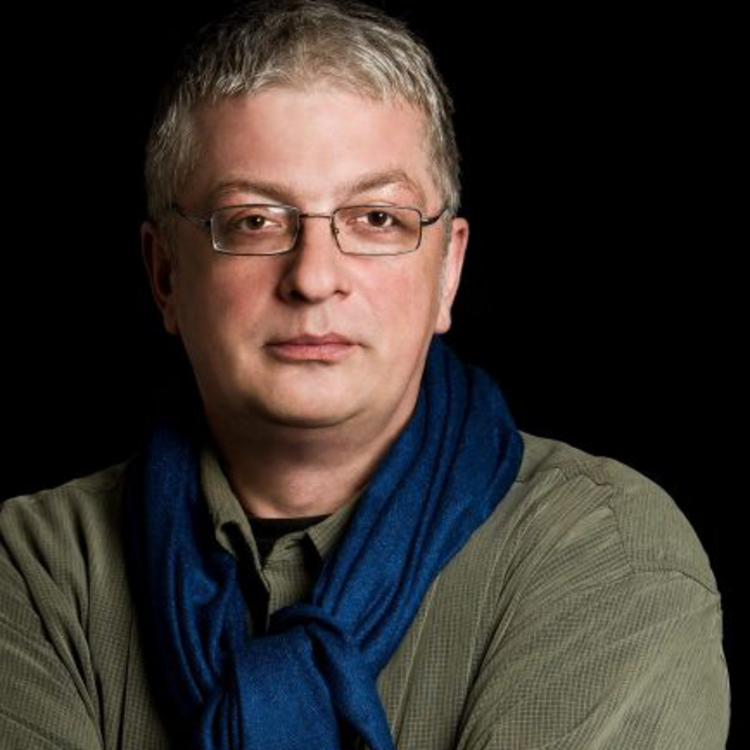
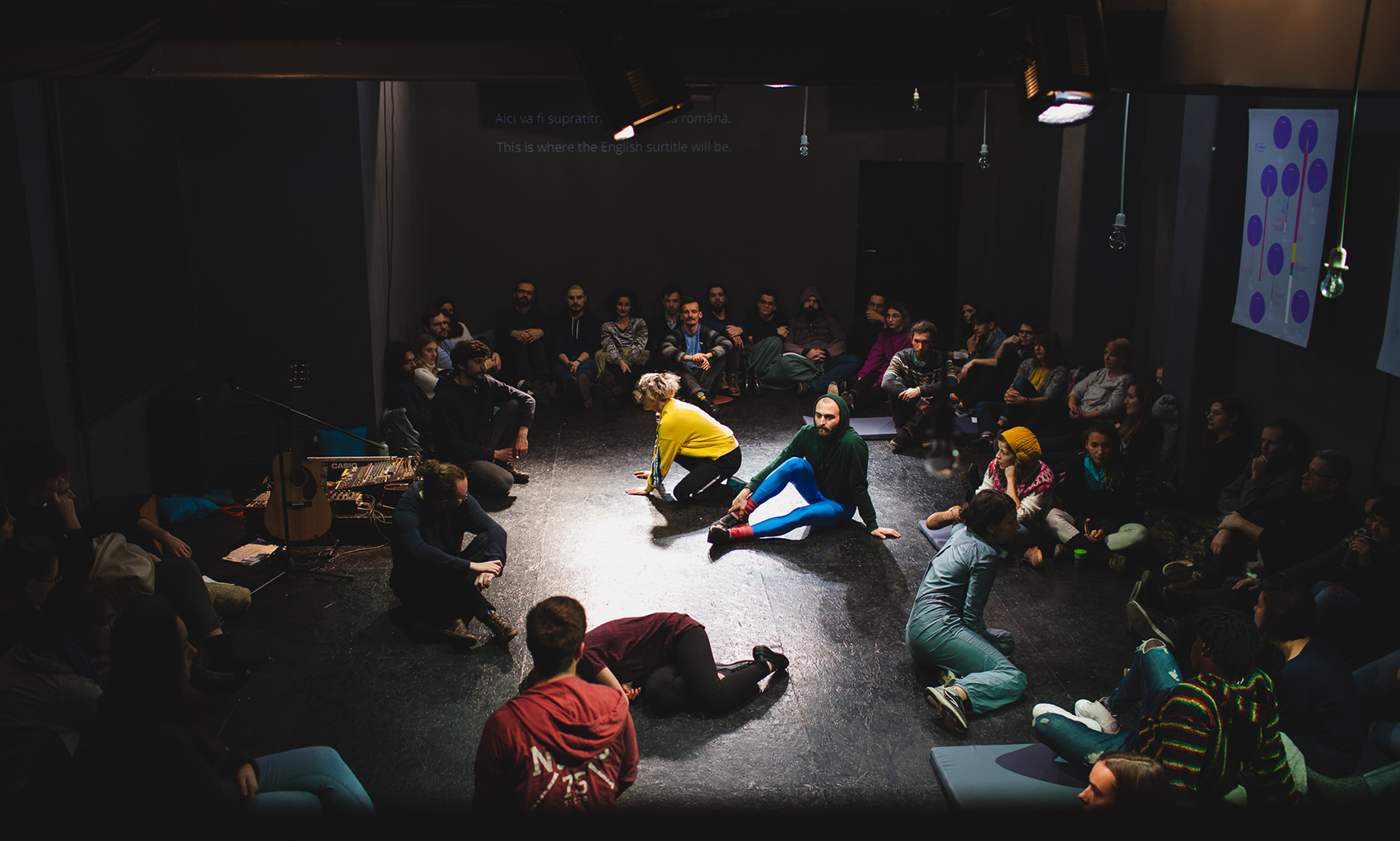
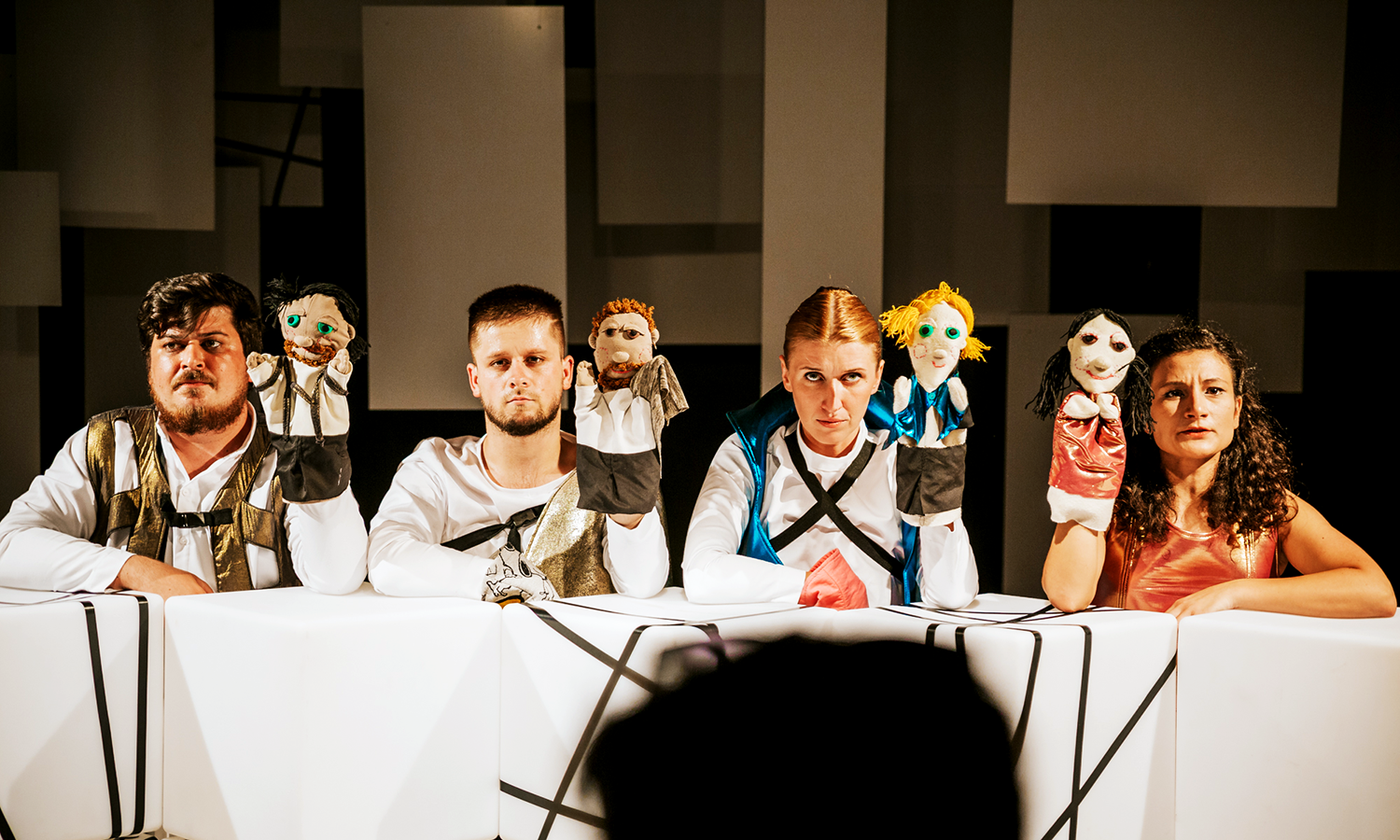
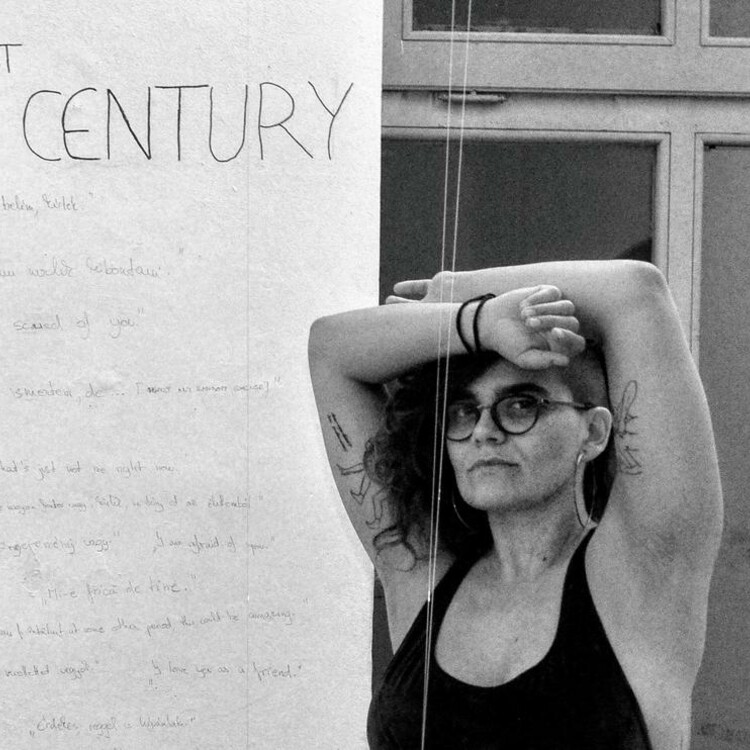
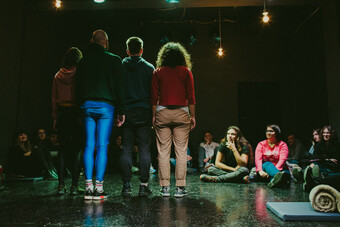

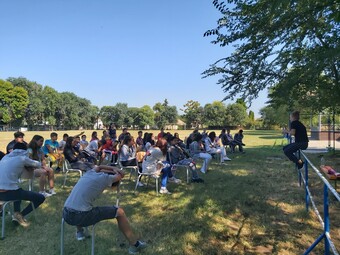

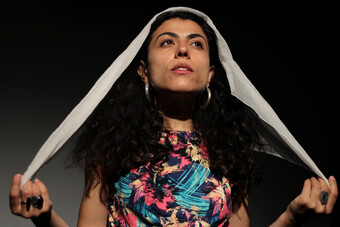

Comments
The article is just the start of the conversation—we want to know what you think about this subject, too! HowlRound is a space for knowledge-sharing, and we welcome spirited, thoughtful, and on-topic dialogue. Find our full comments policy here